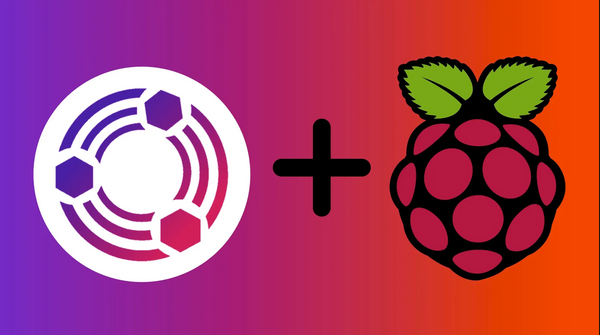Breaking Free from Traditional VMs: Unleashing the Advantages of Containerization

Hey there, tech enthusiasts! Prepare to dive into the exciting world of containerization and witness how it's transforming the software development landscape. Buckle up, because we're about to embark on a journey that will leave you in awe of this remarkable technology.
Imagine you're a magician, but instead of pulling rabbits out of hats, you pull out entire applications. That's containerization in a nutshell. It allows you to package your application along with its dependencies, configurations, and even a sprinkle of fairy dust, all neatly bundled together. Popular tools like Docker, Kubernetes, and Podman are the wands that make this magic happen.
Containerization brings a myriad of benefits to the world of software development, making it superior to traditional VM setups. Containers are lightweight and share the host system's operating system kernel, resulting in efficient resource usage and faster startup times compared to traditional VMs. This efficiency enables quicker iterations, making containerization ideal for agile development and continuous integration/continuous deployment (CI/CD) workflows.
Scalability is another area where containerization shines. Containers are highly scalable due to their lightweight nature. You can easily scale up or down by adding or removing containers as needed, allowing your applications to adapt seamlessly to fluctuating workloads. This scalability is a significant advantage over the comparatively slower scaling capabilities of traditional VM setups.
Containerization provides isolation at the application level, ensuring that each application runs independently without interfering with others. Unlike traditional VMs, which require a separate operating system for each instance, containers share the host's operating system. This not only saves resources but also eliminates the overhead of managing multiple OS instances.
Portability is a key strength of containerization. Containers encapsulate applications and their dependencies, making them highly portable across different environments and platforms. You can develop and test your application locally and then deploy it consistently on various infrastructure setups, from development machines to production servers. This portability streamlines the deployment process and reduces the chances of compatibility issues that often arise when migrating applications across different VM setups.
Containerization optimizes resource utilization by allowing multiple containers to run on a single host, effectively utilizing the available CPU and memory resources. In contrast, traditional VMs require dedicated resources for each instance, leading to potential resource wastage. This efficient resource usage translates to cost savings and improved overall system performance.
The containerization ecosystem boasts a wide range of tools and services designed to simplify container management, orchestration, and monitoring. Docker, Kubernetes, and Podman are just a few examples of the powerful tools available to streamline container workflows and ensure smooth operations in a containerized environment. These tools provide powerful features, including automated deployment, service discovery, and load balancing, empowering developers and operators to effectively manage and scale their containerized applications.
By leveraging containerization, you can optimize resource usage, streamline deployment processes, and achieve greater flexibility and scalability for your applications—all while reducing overhead and improving efficiency compared to traditional VM setups.
Remember, in the world of containers, the only limit is your imagination. So go forth, my fellow tech adventurers, and unleash the power of containerization in your next software endeavor. May your code be bug-free, and your deployments be as smooth as a magician's sleight of hand.
Containerization is the future! Happy coding!





